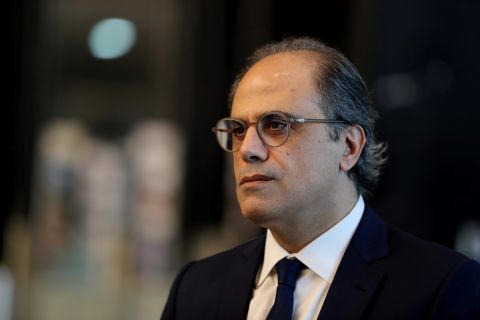Albawaba.com
Muscat
Ballots will be ready on Thursday for Omanis to elect 80 lawmakers for a 3-year term to represent them in the country's parliament.
There are 597 candidates from 59 districts competing for the 80-seat parliament, including 23 women. Interior Ministry officials expect a 30 percent election turn out.
The legal voting age is 21, and only citizens of Omani origin can vote.
Oman's parliament is one of only two elected legislative bodies in the Gulf. The first was Kuwait with a parliament established in 1962.
Oman had its first general election for the legislature in 1990. With a limited role, the legislature can enact laws that deal with daily social and economic issues. Government projects must be presented to parliament for review and comments, but the government is not obliged to submit to the will of the legislature.
Oman's election process is unique. In each district, an election committee made up of prominent business people, intellectuals, and notables, chooses the district's representatives. The committee can choose a minimum of two and a maximum of four candidates. According to the number of votes received, the government then eliminates one of the two or two of the four candidates until a total of 80 is reached.
Oman's electoral process is thus a mixture of election and government appointment. But Oman is the first country in the Gulf region to give women the right to vote and run for office. The right of Kuwaiti women to compete for a seat at the parliament and to vote remains a hotly debated issue that has drawn considerable controversy.
In 1988, Oman appointed a woman deputy minister of planning and a woman deputy economic minister. In 1989, a woman won the election for head of Oman's Chamber of Commerce.
"The fact that 23 women are running for this year's election is proof that women in Oman have made good progress, " said Lajeana Darwish, a candidate for parliament.
© 2000 Al Bawaba (www.albawaba.com)








